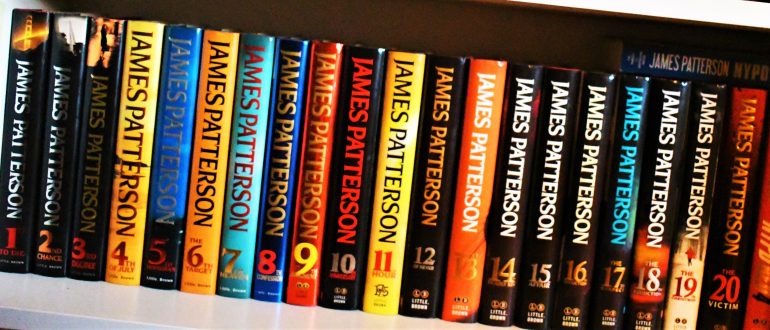When I heard that “THE” 9/11 novel had been published, I wanted to read it. I, like everyone else I can think of, was affected by 9/11. It sent me on a journey of reading book regarding the Middle East and U.S. foreign policy and the war(s). I have read other fiction about 9/11 (Falling Man, Terrorist, Extremely Loud and Incredibly Close, Netherland (kind of)), and I liked each book. But I never felt any of them were the quintessential 9/11 book. So, on to The Submission, which I badly wanted when it came out and finally got it around Christmas time.
The Submission involves a terrorist act in New York that destroys skyscrapers and was perpetrated by Islamic Fundamentalists. One of the protagonists in the book, Architect, Mohammed Khan, is in Los Angeles at the time of the attacks, but is from New York. As he tries to get home, he is detained by goon-like agents. They question him at length about his background. While Khan is not a practicing Muslim, this encounter scars him. This encounter is our introduction to Mr. Khan.
After the terrorists attacks, a committee is formed to pick a memorial to stand on the fictional “ground zero”, though it is not called that. Anyone can submit their ideas and they are submitted anonymously. The committee narrows it down to two possible memorials. The representative of the families who lost loved ones in the attack is Claire Burwell, who is widowed and left with two small children. Her husband was wealthy and Claire was an attorney before marriage. She is smart and affluent. She fits in with the committee of society debs and artists. Claire falls in love with one particular memorial – a garden. She convinces the committee to approve it. Once they do, the name is unsealed, and lo and behold – the winner is Mr. Mohammed Khan. A firestorm erupts after his name is made public.
Without giving too much more away, the story is told through the eyes of several different characters – Mohammed, Claire, Azma, the wife of an illegal immigrant from Bangladesh, the brother of a firefighter who died, and the chairman of the committee. The cast of supporting characters is long and is comprised of a committee of Muslims who have come together to protect Muslims and get tied up in supporting Mr. Khan, a radio host who is the perfect combination of Rush Limbaugh, Bill O’Rielley, and Michael Savage, a celebrity-hungry reporter, and a politician who sways more than a willow tree in the wind.
Overall, I thought the book was well-written and I was sucked into the story. Ms. Waldman does a good job of developing her characters. I thought the book was populated with too many “main characters”. Some were underdeveloped. I also thought – and this may have been her editor – that the jump in time near the end was not as well developed as it could have been.
Ms. Waldman does do a fantastic job of showing how much we have changed as a country since 9/11 and realistically portrays (in my view) what would happen in this country if this situation would occur. She shows the partisan politics and fear and ignorance that would most likely reign. The protests and counter-protests that – after the controversy about the mosque being built near the real ground zero – evolve into violent confrontation that includes a murder.
Ms. Waldman’s portrayal of the media is ironic given that she is a reporter for the New York Times. She portrays them as money-hungry, power-hungry, people who care no more for objectivity, than for the people they cover. I was particularly entertained by the young female journalists who bulldozes her way through everything to get the column she thinks she deserves and finds that she cannot write a column.
Is The Submission the penultimate 9/11 book? I’m not entirely sure about that. I do know that Ms. Waldman writes a compelling story. She is obviously talented and a very good writer. I think the book suffers from trying to develop too many characters and from being edited down too much. Overall, however, I would highly recommend the book. It would be good for book clubs as it would probably spark a lot of discussion about whether all Muslims are bad and how we as a nation react to things that are different from our ideas of democracy and freedom. The book doesn’t answer any questions and that is probably why I liked and was at the same time dissatisfied with the ending. Maybe it was too real for my liking or I’m used to neat little bows. What I do know is I’m not giving it away here. That would save you the pleasure of forming your own opinions and coming to your own conclusions.
